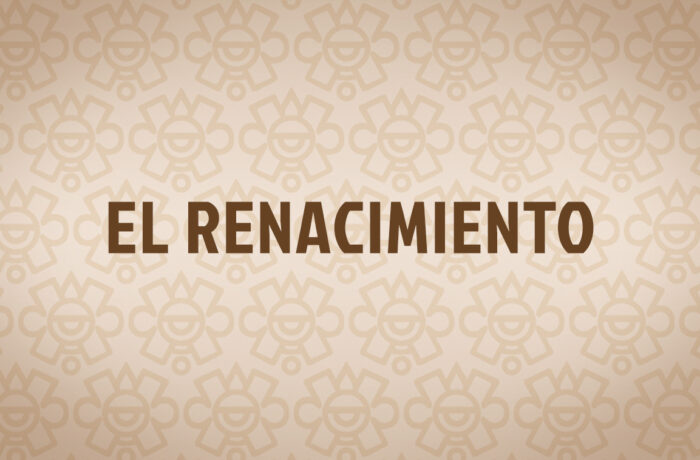El Renacimiento, part of the Mayahuel Prevention Consortium and supported by SAMHSA's Strategic Prevention Framework Partnership grant, stands as a vital initiative designed specifically for Chicano/Mexican American youth aged 12 to 20. At its core, the program aims to instill a profound understanding of heritage, history, and identity within this demographic. By delving into indigenous concepts and contemporary issues relevant to their lives, El Renacimiento fosters an environment conducive to self-exploration, empowerment, and the development of individual voices. The curriculum's approach is deeply rooted in models such as Critically Compassionate Intellectualism and barrio pedagogy, as advocated by scholars such as Cammarota, Romero, and Arce. Developed by Amistades, it underscores the significance of empowering youth to shape and mold program structures, policies, and implementation strategies. Central to its philosophy is the belief in the efficacy of Razalogia principles – Conocimiento (understanding), Confianza (trust), Unidad (unity), and Poder (power) – as delineated by Dr. Roberto Varga. El Renacimiento has been strategically implemented across several educational institutions and community centers, including Desert View High School, Envision High School, Toltecalli High School, Apollo Middle School, Drachman Montessori Magnet School, Roberts-Naylor K-8 School, and the Tucson Urban League. Each implementation has been preceded by a meticulous listening phase, ensuring that the curriculum resonates deeply with its intended audience and that the voices of youth remain central to its evolution. Through these efforts, El Renacimiento endeavors to empower Chicano/Mexican American youth, enabling them to reclaim and celebrate their cultural heritage while forging pathways towards personal and communal growth.

